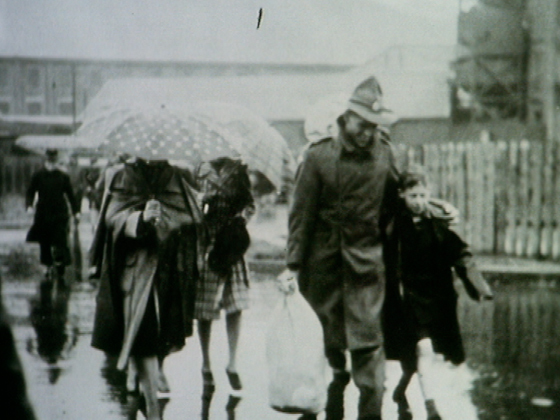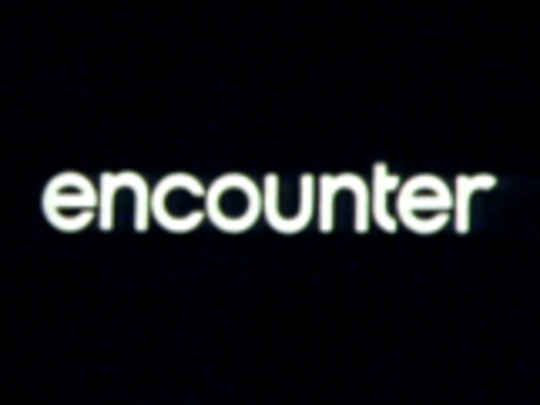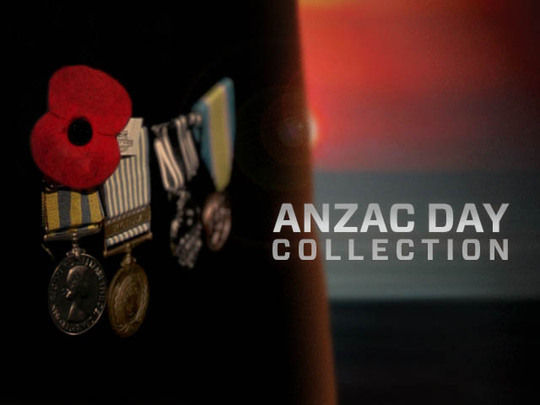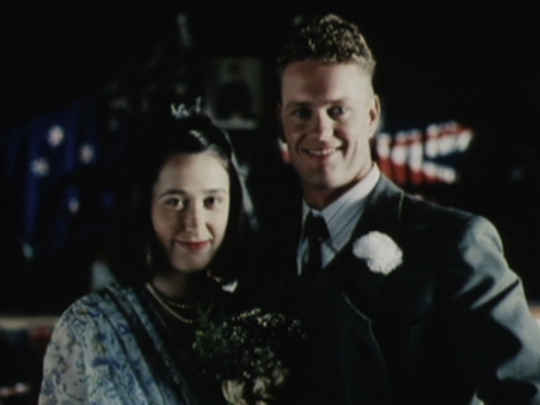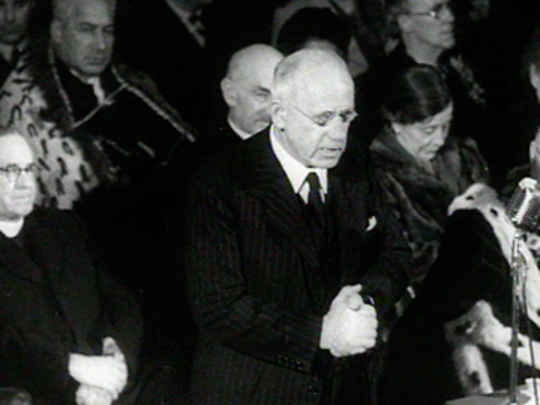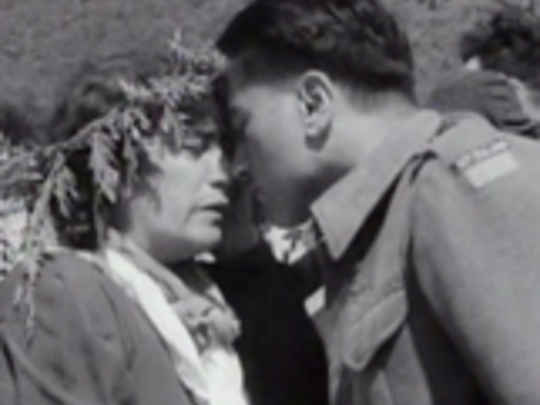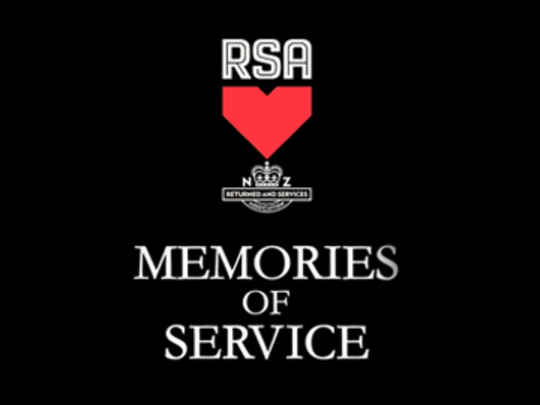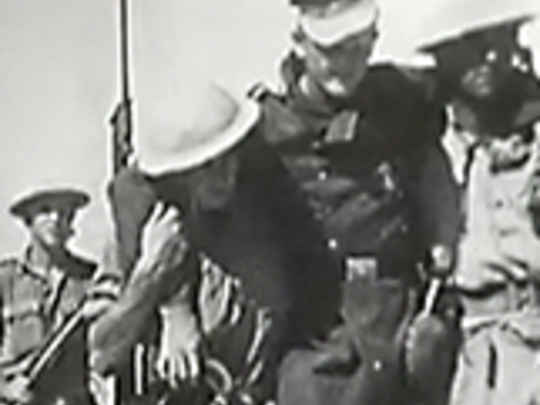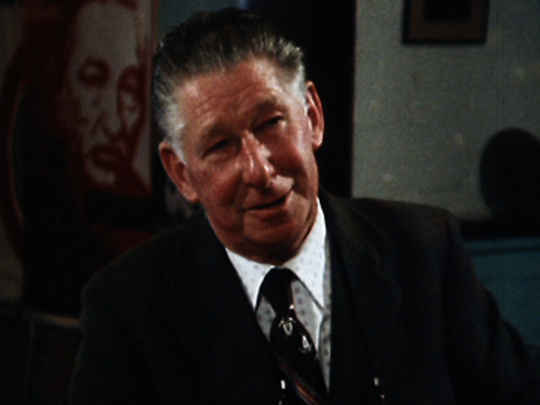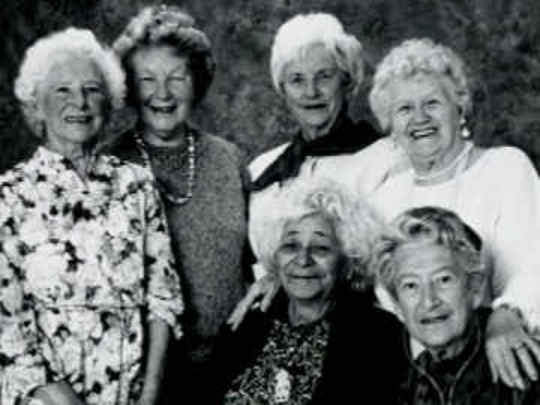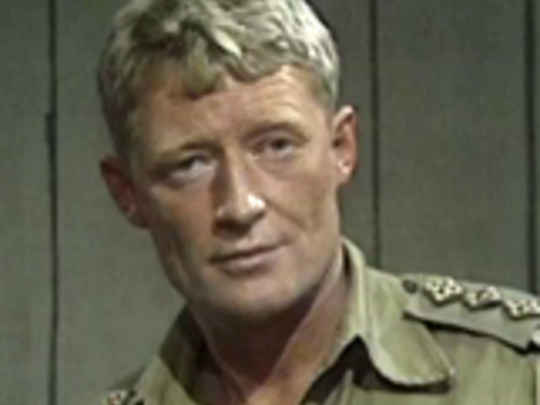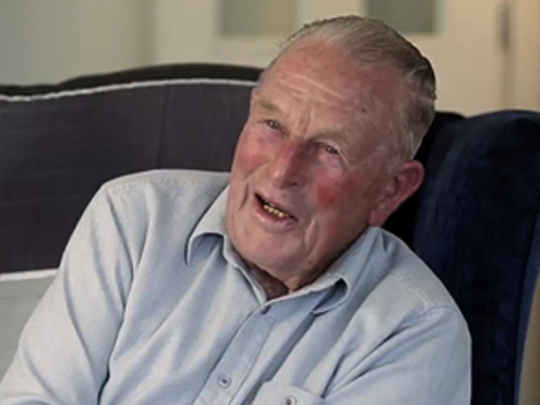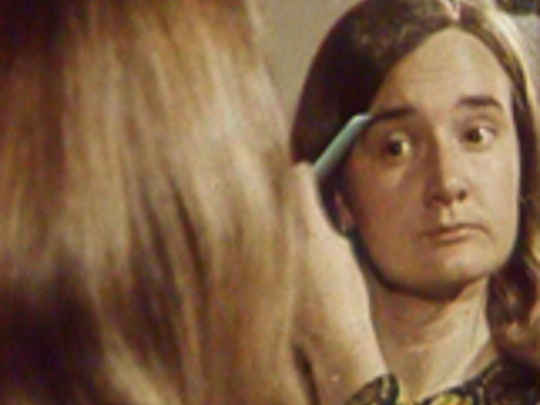I addressed [Peter] Fraser in the war cabinet, and I told him these various incidences of grade one men in these so-called essential industries that were sitting in New Zealand, living on the best and luxury — that we [soldiers] were deprived of for three years — and we wished to take their place.
– A Ruapehu rebellion leader on his secret 1944 meeting with Prime Minister Peter Fraser (34 minutes in)
[Sidney Holland] in a sense let the cat out of the bag and opened up the whole matter for discussion. Sid Holland as Leader of the Opposition was in a privileged position, and it was very hard to control him.
– Historian Frederick Wood on National Party leader Sidney Holland talking about the furlough on air
You'd meet somebody on the street. They shake your hand: "how are you? Pleased to see you're back", in the next breath "when are you going back?"...concerned that they may be called up to serve overseas.
– Returned Kiwi soldier Roy Somerville on the mixed messages he received on returning home in 1943
I think they were quite justifiably outraged. They had been fighting for three years under desperate conditions and they came back here and they find that the immediate threat which had affected New Zealand so gravely the year before, the threat of Japanese invasion had disappeared and life appeared to be going on as usual, men were working in normal occupations and they felt it was outrageous that they should be expected to go back and fight a second time and other people in reserved occupations were still here, fit and able men, they resented this.
– Former WWll War Cabinet Secretary Sir Alister McIntosh sums up the feelings of the 1943 furlough soldiers
Nobody as far as I know realised the effect that coming home would have on the soldiers who came home. They came back and had three months leave, and during that period they had plenty of time to look around. Some of them were married, lots of course would go back to their homes and their mothers. They would look around and see a different New Zealand from the one they left three years earlier.
– Major General Sir William Gentry on the psychological effect of soldiers returning home
I thought personally then it was a political move. Most of the Cabinet were pacifists ... I thought it was wrong.
– Reverend Keith Elliot on PM Peter Fraser's decisions about the Ruapehu Draft
They were ordinary guys who had responded to what you might call the call of duty or the national need of the time. But they didn't altogether surrender their customary feelings of independence. They retained very much civilian attitudes towards things that they thought were civilian matters...
– An ex-soldier on the men involved in the Ruapehu Draft 'rebellion', near the end of this documentary
The course of the war raised crucial questions about the deployment and control of New Zealand forces. Especially after the disastrous 1941 campaigns in Greece and Crete, [PM Peter] Fraser was determined to have a voice in these decisions. He felt at the time that New Zealand had not been fully briefed on the military risks involved ... Fraser spelled out to the British authorities [Bernard] Freyberg's responsibilities to report fully to the New Zealand government on any plans for actions involving the use of New Zealand troops. The role he played at this time did much to clarify the concept of dominion status in wartime.
– Academic Tim Beaglehole, in a 1998 Dictionary of NZ Biography profile of Labour Prime Minister Peter Fraser (published on website Te Ara)
Almost immediately newspaper editors throughout the country received instructions from the wartime Chief Censor, Mr Joe Paul, who saw opportunites for enemy propaganda. The presence in New Zealand of soldiers on furlough now became an official secret.
– Narrator Stephen Tozier on the censor's reaction to a newspaper editorial arguing returned soldiers should be allowed to stay in New Zealand
I also put it to him [Peter Fraser] that ... most of the war cabinet were conscientious objectors, on the ground that they were against war — and here they were sending us back to war: surely that was against their principles. I put it to him that if he sent these men back, or the majority of the men back who wanted to stay behind, they'd never return. They would be killed because their nerve had gone, and once they refused to go, then they were no good as a soldier in the front line...
– A Ruapehu rebellion leader on his secret 1944 meeting with Prime Minister Peter Fraser
